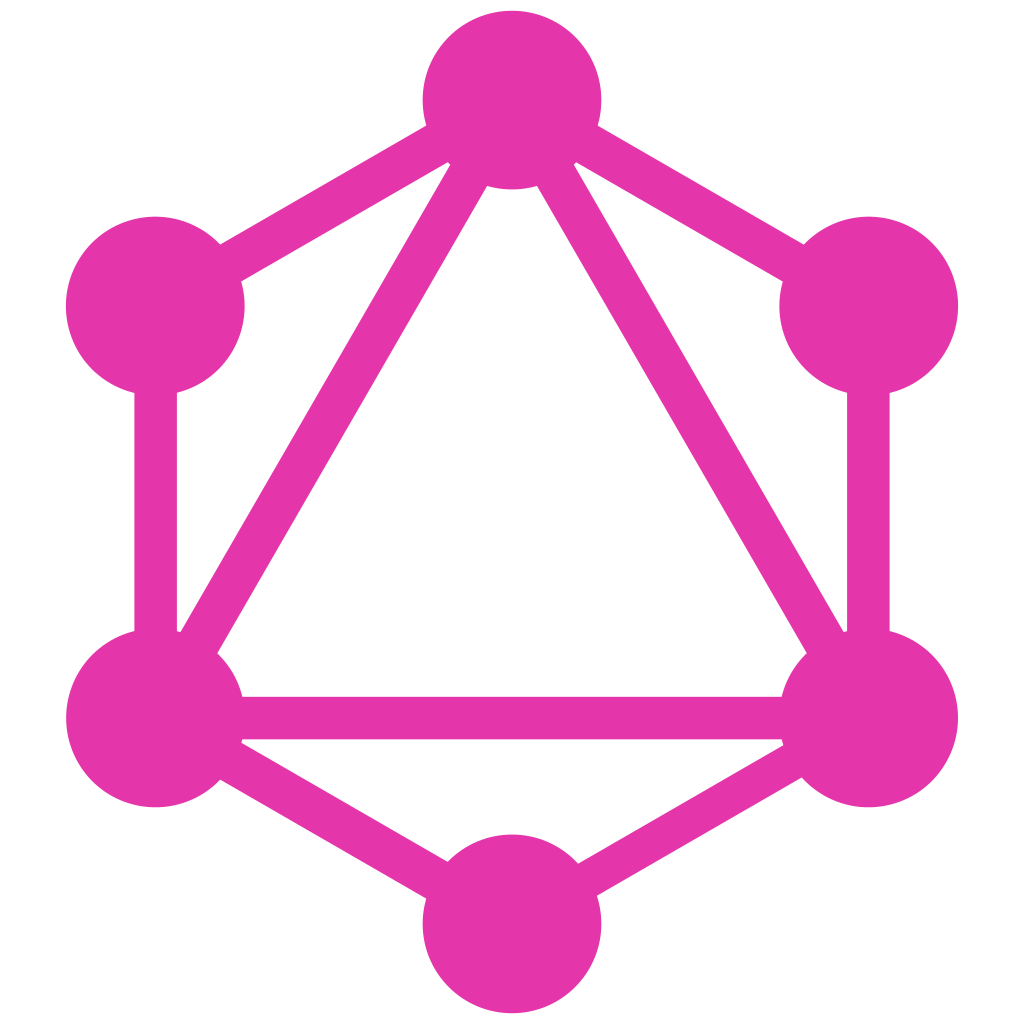Plugin Hub > GraphiQL IDE 
yarn add @graphql-ez/plugin-graphiqlpnpm add @graphql-ez/plugin-graphiqlnpm install @graphql-ez/plugin-graphiql@graphql-ez/plugin-graphiql#
Integration with GraphiQL IDE
Usage#
import { ezGraphiQLIDE } from '@graphql-ez/plugin-graphiql';
const ezApp = CreateApp({
ez: {
plugins: [
ezGraphiQLIDE({
// Options
}),
// ...
],
},
// ...
});
Options#
Most of these types come from graphql-helix Graphiql
type GraphiQLOptions =
| {
/**
* By default it's the same as the main API path, normally `"/graphql"` or `"/api/graphql"`
*/
path?: string;
/**
* An optional GraphQL string to use when no query is provided and no stored
* query exists from a previous session. If undefined is provided, GraphiQL
* will use its own default query.
*/
defaultQuery?: string;
/**
* Whether to open the variable editor by default. Defaults to `true`.
*/
defaultVariableEditorOpen?: boolean;
/**
* The endpoint requests should be sent. Defaults to `"/graphql"`.
*/
endpoint?: string;
/**
* The initial headers to render inside the header editor. Defaults to `"{}"`.
*/
headers?: string;
/**
* Whether the header editor is enabled. Defaults to `true`.
*/
headerEditorEnabled?: boolean;
/**
* A cryptographic nonce for use with Content-Security-Policy.
*/
nonce?: string;
/**
* The endpoint subscription requests should be sent to. Defaults to the value of the `endpoint` parameter.
*
* If no `subscriptionsEndpoint` is specified and `subscriptionsProtocol` is set to **"WS"** or **"LEGACY_WS"**,
* it automatically reuses the `endpoint` with the current browser window URL with the protocol "ws://" or "wss://"
*/
subscriptionsEndpoint?: string;
/**
* The Subscriptions protocol used.
*
* If no protocol is specified, it fallbacks to Server-Sent Events aka **"SSE"**
*/
subscriptionsProtocol?: 'WS' | 'LEGACY_WS' | 'SSE';
/**
* Enable selecting subscriptions protocol via dropdown in interface
*/
hybridSubscriptionTransportConfig?: {
default: 'sse' | 'legacyWS' | 'transportWS';
config: {
/* Enable SSE transport as an option, if set as "true", it re-uses `endpoint` */
sse?: string | boolean;
/* Enable Legacy graphql-ws protocol transport as an option, if set as "true", re-uses `endpoint` with "ws:" or "wss:" protocol */
legacyWS?: string | boolean;
/* Enable graphql-transport-ws protocol transport as an option, if set as "true" re-uses `endpoint` with "ws:" or "wss:" protocol */
transportWS?: string | boolean;
};
};
}
| boolean;
Next.js Usage#
For Next.js you can either use this plugin's handler explicitly in your API routes,
for example, following the file structure: /pages/api/graphiql.ts, and using this snippet:
// /pages/api/graphiql.ts
import { GraphiQLHandler } from '@graphql-ez/plugin-graphiql';
export default GraphiQLHandler({
endpoint: '/api/graphql',
});
Or simply add the plugin in your EZ App and it will be served in the same path of your GraphQL API
import { CreateApp } from '@graphql-ez/nextjs';
import { ezGraphiQLIDE } from '@graphql-ez/plugin-graphiql';
const ezApp = CreateApp({
ez: {
plugins: [
ezGraphiQLIDE({
// Options
}),
// ...
],
},
// ...
});
Unpkg vs "Manual" File serve#
This plugin by default serves the GraphiQL bundles on https://unpkg.com/, but if you prefer serving the files directly from node_modules without needing access to internet, you can use a special version of this plugin, ezStaticGraphiQLIDE:
import { CreateApp } from '@graphql-ez/nextjs';
import { ezStaticGraphiQLIDE } from '@graphql-ez/plugin-graphiql/static';
const ezApp = CreateApp({
ez: {
plugins: [
ezStaticGraphiQLIDE({
// Options
}),
// ...
],
},
// ...
});
Plugin Details
Identifier
@graphql-ez/plugin-graphiqlLicense
MITVersion
0.12.1Updated
Jan 4th, 2024